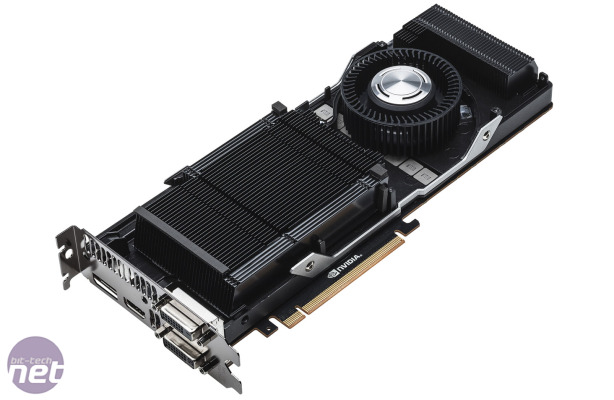Nvidia GeForce GTX TITAN Black Review: feat. ZOTAC
February 26, 2014 | 09:19

Nvidia GeForce GTX TITAN Black - Overclocking
As usual, we used EVGA Precision X for overclocking this Nvidia card, first setting the power target to 106 percent and increasing the temperature target to 95°C, the maximum in both cases.After some trial and error, we settled on a base clock speed of a massive 1,119MHz. This is a 220MHz increase, or 25 percent, which yet again shows how good at overclocking the GK110 GPU is. It's also a little higher than our GTX 780 Ti overclock, where we reached a 1,100MHz base clock. At this setting, the reported boost clock was 1,210MHz, and while the card typically boosted to 1,222MHz under load, we saw it peak at 1,262MHz without instability.
Turning to memory, we took this from the already high 1.75GHz to 1.85GHz (7.4GHz effective), a 6 percent boost. On the GTX 780 Ti we managed to hit 1.95GHz (7.8GHz effective), but either way this is still a very high GDDR5 speed by today's standard. At this speed, the GTX Titan Black's memory bandwidth is 355.2GB/sec.
As a consequence of the increased speeds, and power/temperature limits, the card caused our system to draw a little more than 400W in our Unigine stress test (compared to 384W at stock speeds). Temperatures crept up a little too, while fan noise was more noticeable as the card had to work harder to keep everything under control.

MSI MPG Velox 100R Chassis Review
October 14 2021 | 15:04









Want to comment? Please log in.